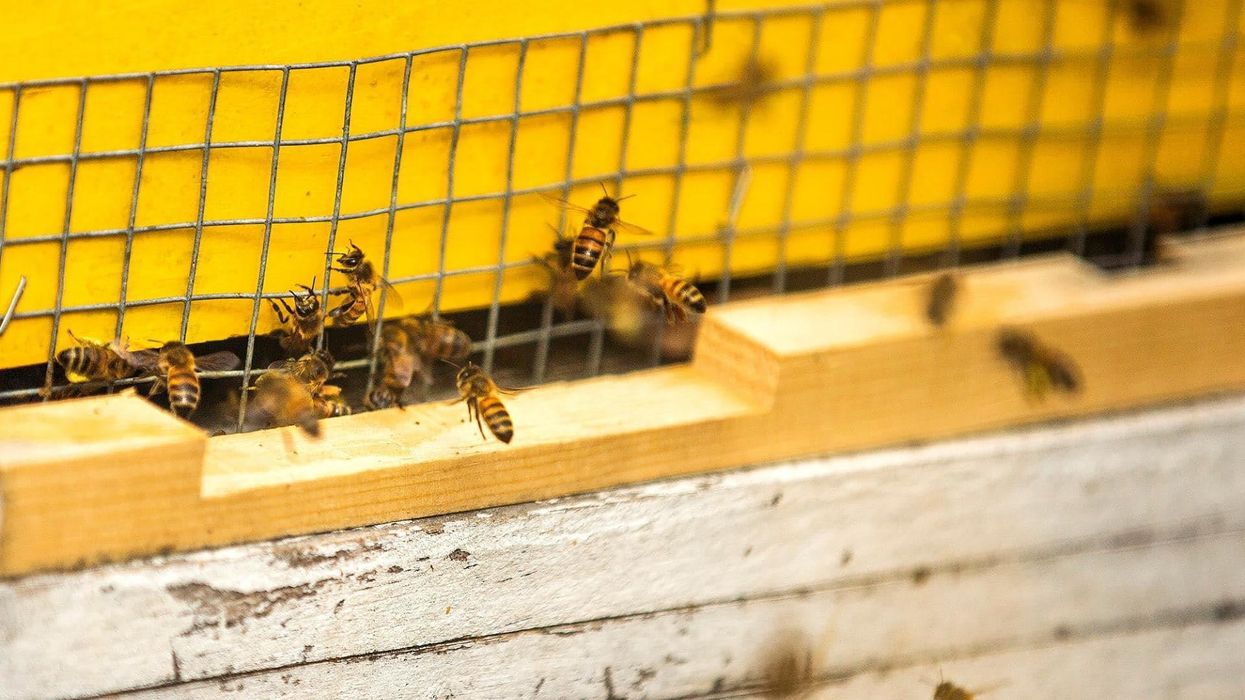Becca Monaghan
Jun 22, 2022
Parasitic mites cause anxiety for beekeepers
The National
Scientists have made a gross revelation – and it's quite literally going to make your skin crawl.
Human skin is home to mites. They are born on us, breed, feed, and die on the skin. The microscopic mite, Demodex folliculorum, can only survive on human skin, and while they don't cause any harm, the worm-like mite's life cycle takes 14–16 days.
They prefer areas where sebum (an oily substance produced by your body) is high, such as hair follicles on the face – specifically around the cheeks, nose, and forehead, but also elsewhere on the face, eyelids, and ears. During spring and summer, numbers tend to be higher.
New research suggests that the Demodex folliculorum is evolving from an ectoparasite into an internal symbiont – and one that shares a mutually beneficial relationship with its hosts, according to Science Alert. This means they may gradually merge with our bodies and live permanently with us.
"We found these mites have a different arrangement of body part genes to other similar species due to them adapting to a sheltered life inside pores," explained invertebrate biologist Alejandra Perotti of the University of Reading in the UK.
"These changes to their DNA have resulted in some unusual body features and behaviours."
Sign up to our free Indy100 weekly newsletter
The Demodex folliculorums' reproductive organs have moved towards the front of their bodies, with their penises pointing upwards off their backs. This means they arrange themselves on a hair follicle and prepare for mating.
While mating is essential, there is minimal opportunity for expanding genetic diversity, which could result in an evolutionary dead end.
The team also discovered that the mites' have anuses, after years of arguments suggesting they didn't. They accumulate waste in their body until death until they explode and potentially cause skin conditions in some cases.
"Mites have been blamed for a lot of things," said zoologist Henk Braig of the University of Bangor and the National University of San Juan in Argentina. "The long association with humans might suggest that they also could have simple but important beneficial roles, for example, in keeping the pores in our face unplugged."
Have your say in our news democracy. Click the upvote icon at the top of the page to help raise this article through the indy100 rankings.
Top 100
The Conversation (0)














